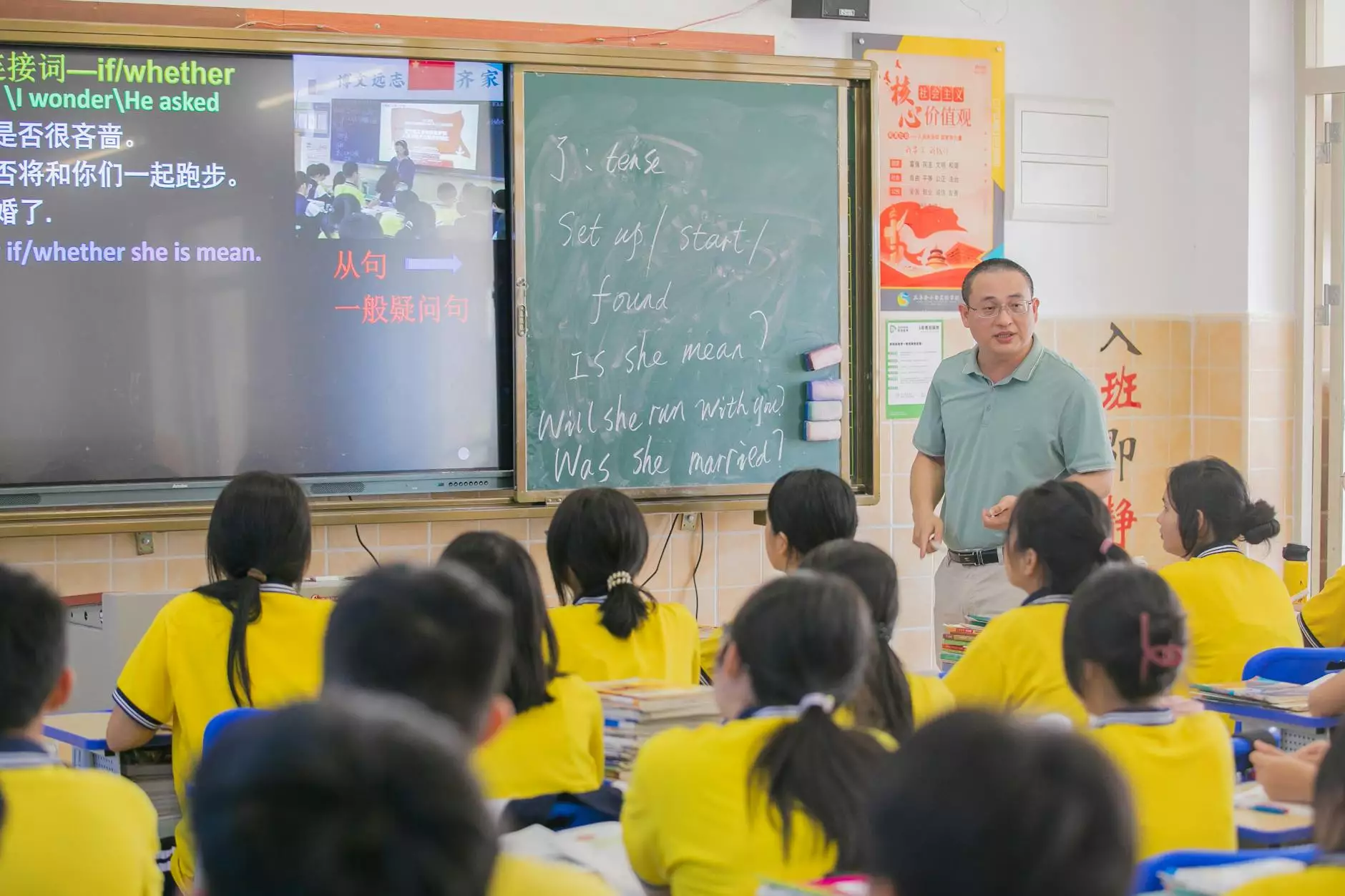Tired of vs Tired from: Confusing Vocabulary Lesson
English Vocabulary Lessons
Understanding the Differences
When it comes to learning a new language, mastering vocabulary can be quite challenging. One particular area that often confuses learners is the difference between the phrases 'tired of' and 'tired from'. In this vocabulary lesson provided by NJCLT, we aim to shed light on these expressions and help you use them accurately in context.
Usage of 'Tired Of'
The phrase 'tired of' is used to express a feeling of being fed up or bored with something or someone. It indicates a lack of interest or enthusiasm towards a particular situation or activity. When 'tired of' is used, it implies that you have had enough of something and want a change.
For example:
- I'm tired of eating the same food every day. I need some variety.
- She's tired of listening to the same songs on the radio. She wants to discover new music.
- He's tired of working long hours. He needs a vacation.
Usage of 'Tired From'
In contrast, the phrase 'tired from' is used to indicate the cause or reason behind a feeling of fatigue. It highlights the source or activity that has made you tired or exhausted.
For example:
- I'm tired from walking all day.
- We're tired from studying for our exams.
- She's tired from working out at the gym.
- He's tired from running a marathon.
Practice Makes Perfect
Understanding the nuances of 'tired of' and 'tired from' requires practice. Here at NJCLT, we offer interactive exercises to help you solidify your understanding of these phrases. By using our comprehensive vocabulary resources, you can confidently express your feelings and experiences without any confusion.
Enhance Your Language Skills with NJCLT
NJCLT is your one-stop destination for improving your language skills. From vocabulary lessons to grammar guides, we provide the tools you need to become a proficient learner. Our experienced team of educators is dedicated to helping you achieve your language goals. Start your journey with NJCLT today and unlock a world of linguistic possibilities.










